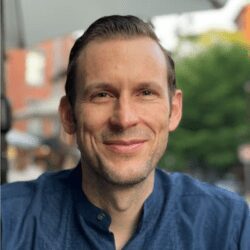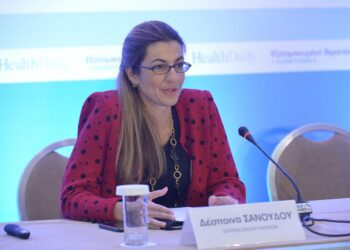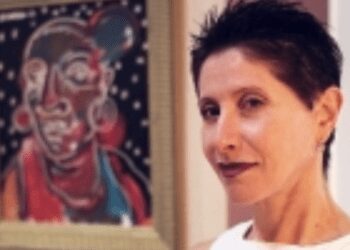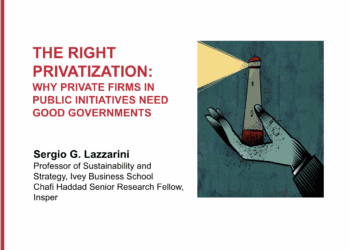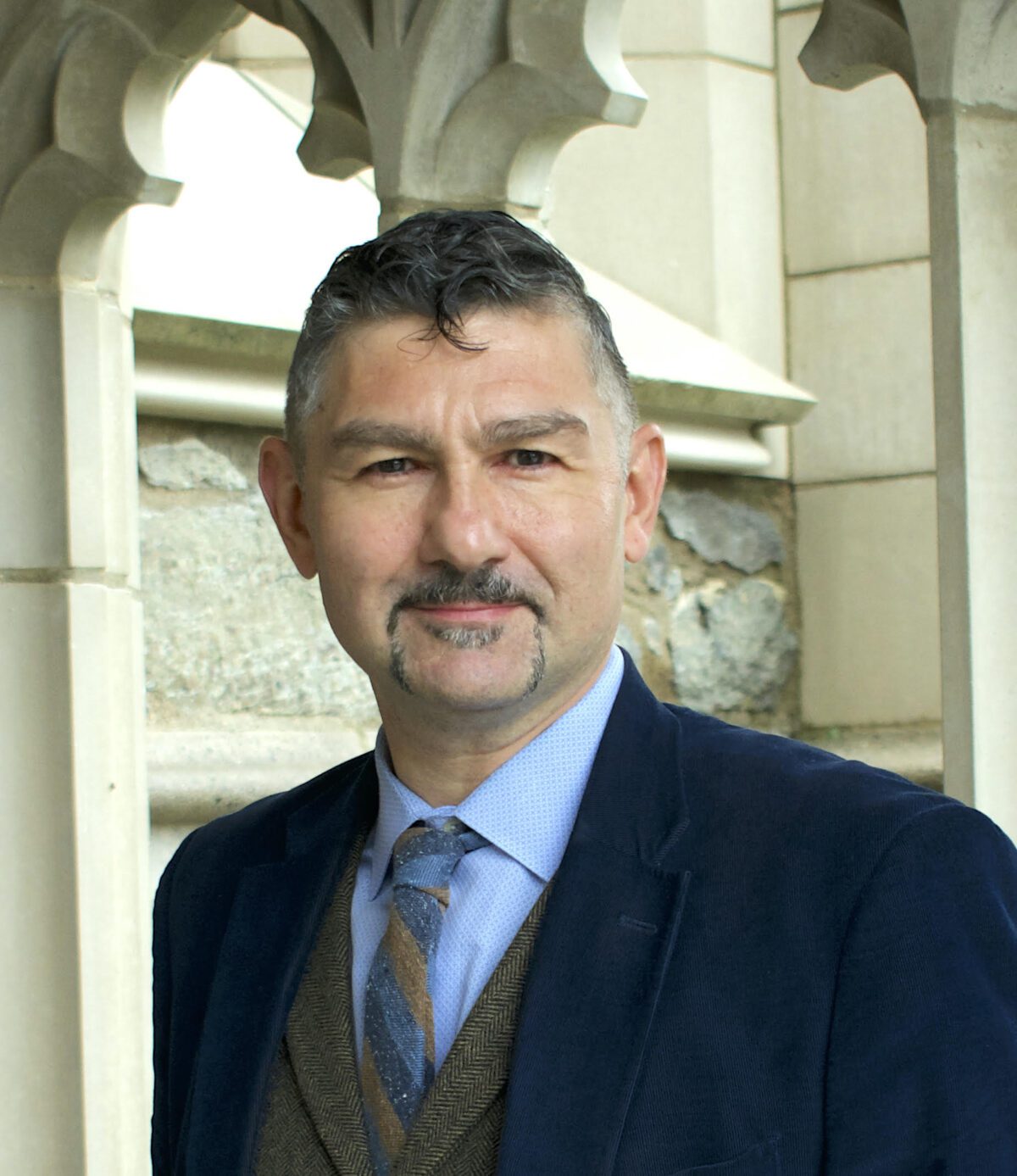
Can Erbil, Professor of the Practice of Economics at Boston College and Aspire Institute Turkey Regional Faculty Advisor, strives to make economics more digestible and open doors for the next generation.
“The courses I offer have economic policy implications and a focus on not only proving that there is inequality, that there is poverty, but asking the question, what can we do about it?” Erbil said.
As an undergraduate at Bogazici University in Turkey, Erbil worked as a research assistant for a professor who had come from the World Bank. This opened his eyes to the importance of strategically implementing economic development theories.
“There was something really exciting for me about the potential to help others through social science,” Erbil said, sharing that most of the members of his family work in medicine. “Although medicine wasn’t the field for me, those family values of wanting to make the lives of others better stuck with me.”
Growing up in Turkey, Erbil witnessed firsthand the ways economic policy impacts people’s lives, especially youth.
“I saw how good policy could open doors for youth but bad economic policy hinders their future,” he explained.
Erbil Shares in the Mission of Aspire Institute
Educating the next generation and contributing to Aspire’s mission will support the decrease of inequality Erbil sees in the world and further his desire to support underserved youth.
“I have been on the receiving end of scholarships and grants, like the ones Aspire offers, and that’s the only reason why I am where I am now,” he admitted. “It’s my turn to help the young people pursue their goals.”
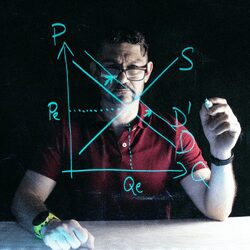
He played a big role in the increase in applicants from Turkey during 2022 and 2023 and continues to inspire the next generation of Aspire leaders.
“The founders share my passion for making life more even, for inequality to decrease,” he said. “One of my current goals is to make economics more accessible, understandable, and less of an opaque enigma – and Aspire is a good platform for that.”
In Stage 3 of the program, Erbil leads a faculty seminar on the economics of inequality and gets the chance to discuss with these young leaders how they might be able to impact their communities with this economic knowledge in mind.
He himself feels that without networks of caring and impactful people, or resources such as grants and fully funded opportunities, he would not be where he is today in the “epicenter of academia” here in Boston. He sees both connections with his students and noble prize winners valuable.
“To have the opportunity to connect with students who are going to be in the decision-making chair in their own career, and to help them understand that inequality hurts everybody, I find this my unique opportunity to help young people think beyond themselves and about society as a whole,” Erbil said.
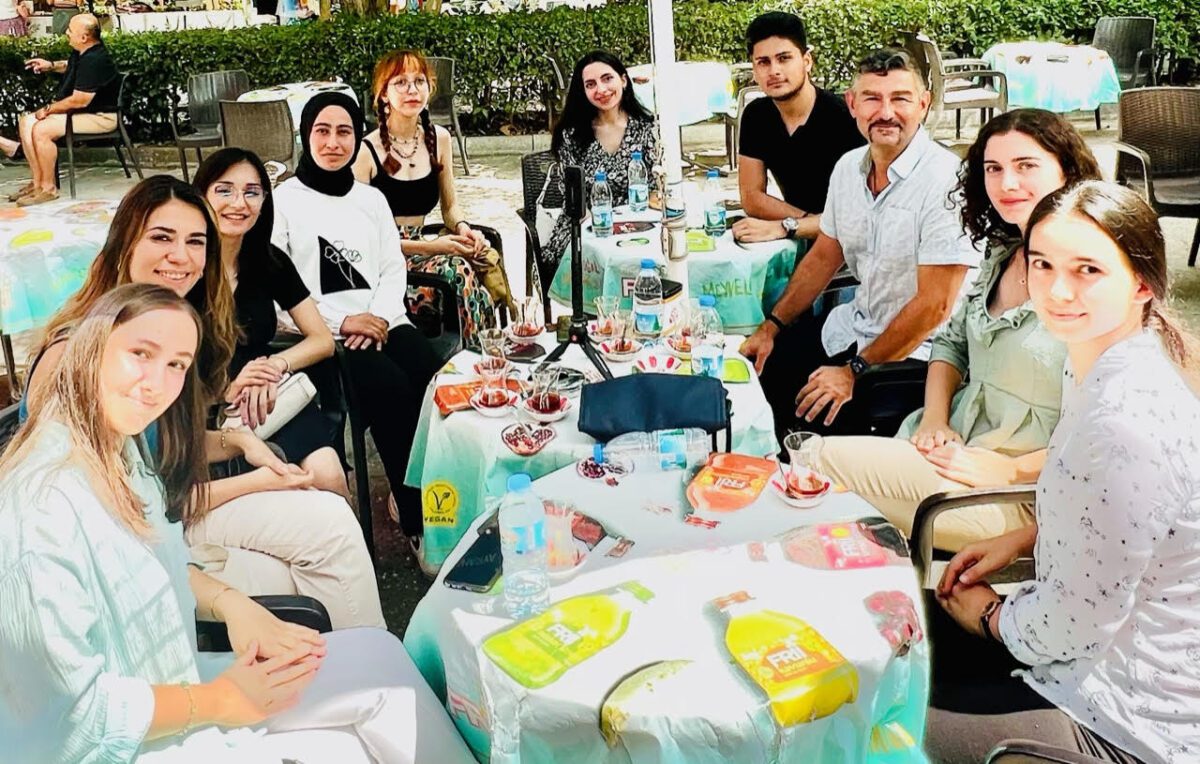
He knows that his passion for economics does not transcend through every student he teaches or mentors.
“For me, it’s about how I can create value for the larger audience I have access to, no matter what subject they study,” Erbil said. “I’m trying to seed something that’s for the long term.”
If these ideas he teaches his students end up benefiting their children and the next generation, then he will feel he was successful.
When asked what advice he would give to young leaders, Erbil put it simply:
“I want them to trust themselves. This comes with a cost — you get disappointed, you try to do a lot, and some of the things that you try to do, you either cannot yourself or there are some obstacles in front of you. Do not get discouraged, do not lose your self-confidence.”

